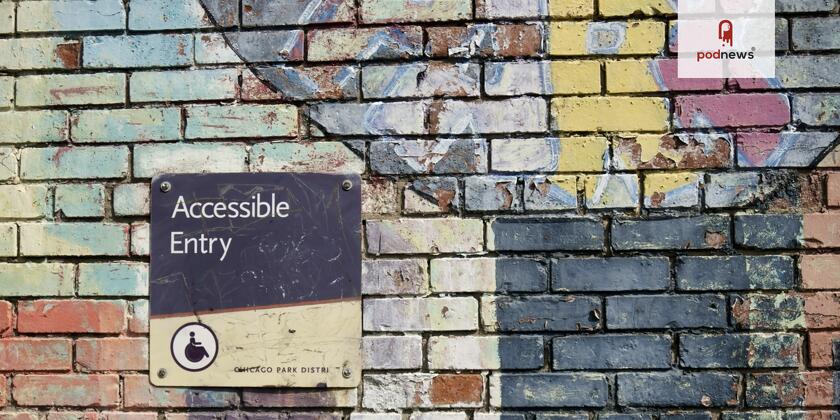
Accessibility

We’re committed to making a website and newsletter that is accessible to everyone. We’re not an EU company, but we’d like to ensure we’re in accordance with Directive (EU) 2016/2102 of the European Parliament and of the Council.
We believe that all of our own content on this website is accessible. Particularly, we try to adhere to semantic web standards, and regularly check pages using accessibility tools.
The tool we use most often is Google’s Lighthouse tool, which gives us a score for accessibility as part of its functions. We aim for a green “pass” on Lighthouse on all the pages we produce. We try to maintain a clear contrast between text and other elements on the page, and ensure it works well on a variety of devices. Where possible, we try to use native browser controls.
Our own audio is normally accompanied by a web player with visible captions, and we spend time manually checking these captions before publishing.
We believe that accessibility is also connected to a) keeping data use as low as possible, so you can read our content quickly and as low-cost as possible; b) strong privacy, which is why we don’t normally link to third-party code like analytics or embedded content.
Podnews does links to other content, and especially within our podcast directory you may find audio that does not have captions available. We have an article that explains how to turn on live captions on your device, and details of how podcast transcripts work. However, the way podcasting works means that we can’t fully control third-party content.
We officially support the latest versions of Chrome, Safari and Firefox on our website. For email, we officially support Gmail, Outlook and Apple Mail. However, standards support means that we should support every recent browser and email software, and we’d be keen to know if we’re not doing so.
Feedback
We’d be keen to hear from you if you have any accessibility barriers when accessing Podnews. Our email is editor@podnews.net